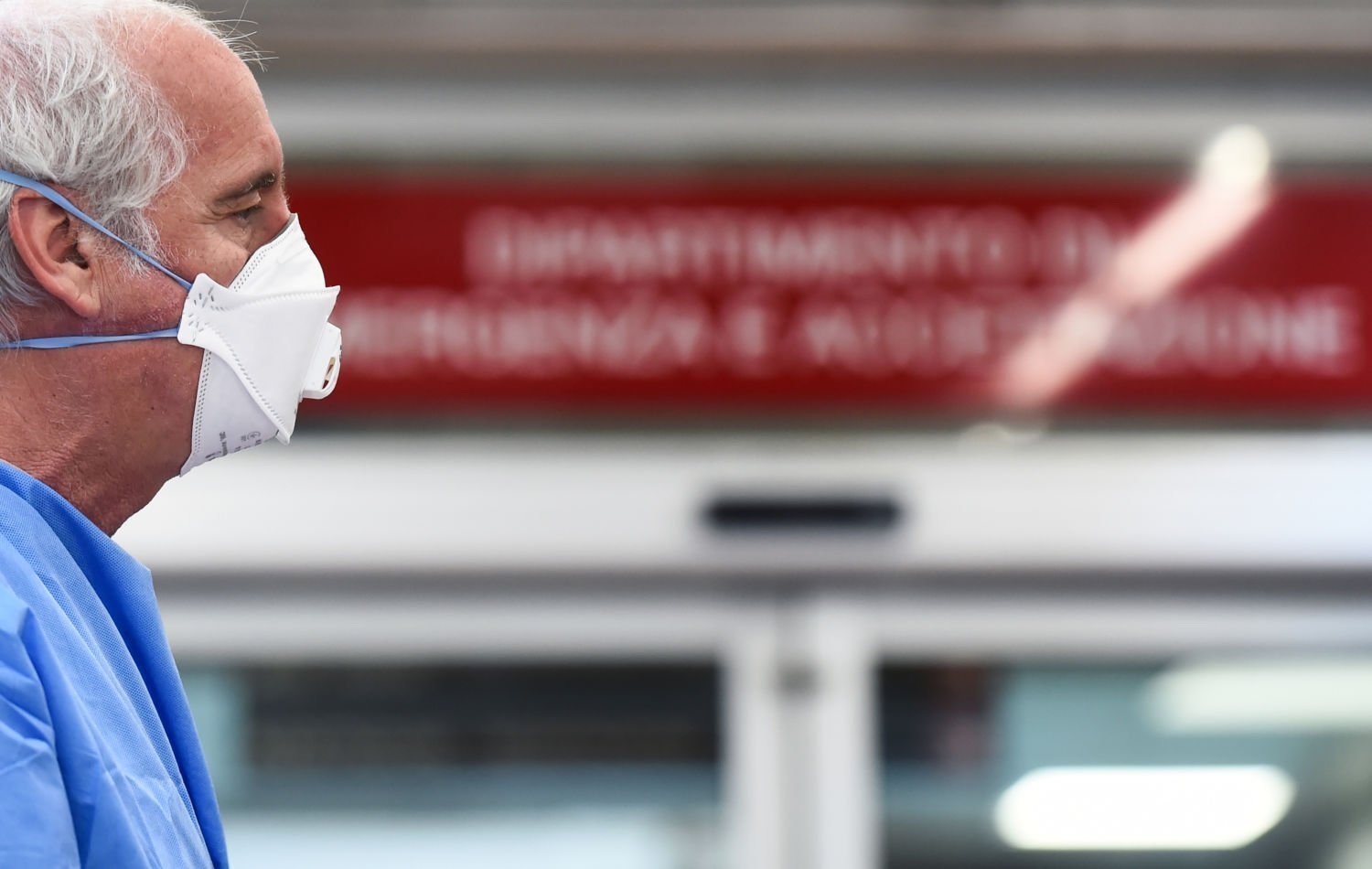Italy’s health minister outlined plans on Sunday for broader testing and beefed-up health services as part of a package of measures that would follow a future easing of the country’s coronavirus lockdown.
Roberto Speranza said it was too early to say when Italy would be able to lift the measures imposed across the country on March 9, when it became the first country in Europe to impose a general lockdown to slow the spread of the virus.
With more than 15,000 dead, Italy has the world’s highest death toll from disease, accounting on its own for almost a quarter of all deaths globally. But the government is also grappling with the economic devastation caused by the sudden halt to business across the country.
“There are difficult months ahead. Our task is to create the conditions to live with the virus,” at least until a vaccine is developed, he told the daily La Repubblica newspaper, adding that some social distancing measures would also have to remain.
The smallest daily rise in COVID-19 deaths for nearly two weeks on Saturday and the first fall of the number of patients in intensive care have fed hopes that the epidemic may have reached a peak in Italy and focused attention on the next phase in the crisis.
The national lockdown, strictly limiting people’s movements and freezing on all non-essential economic activity, will officially last until at least April 13 but it is widely expected to be extended.
“If we’re not rigorous we risk throwing away all the efforts we’ve made,” Speranza said in separate comments to the Corriere della Sera daily.
Speranza said he had issued a note outlining five principles around which the government planned to manage the so-called “phase two” of the emergency, when lockdown restrictions begin to be eased but before a full return to normal conditions.
He said social distancing would have to remain, with wider use of individual protection devices such as face masks, while local health systems would be strengthened, to allow a faster and more efficient treatment of suspected COVID-19 cases.
Testing and “contact tracing” would be extended, including with the use of smartphone apps and other forms of digital technology while a network of hospitals dedicated solely to treating COVID-19 patients would be set up.
“Until a vaccine is distributed, we cannot rule out a new wave of the virus,” he said.
(Reuters)






